Historical Society talk considers 18th century loyalist experience
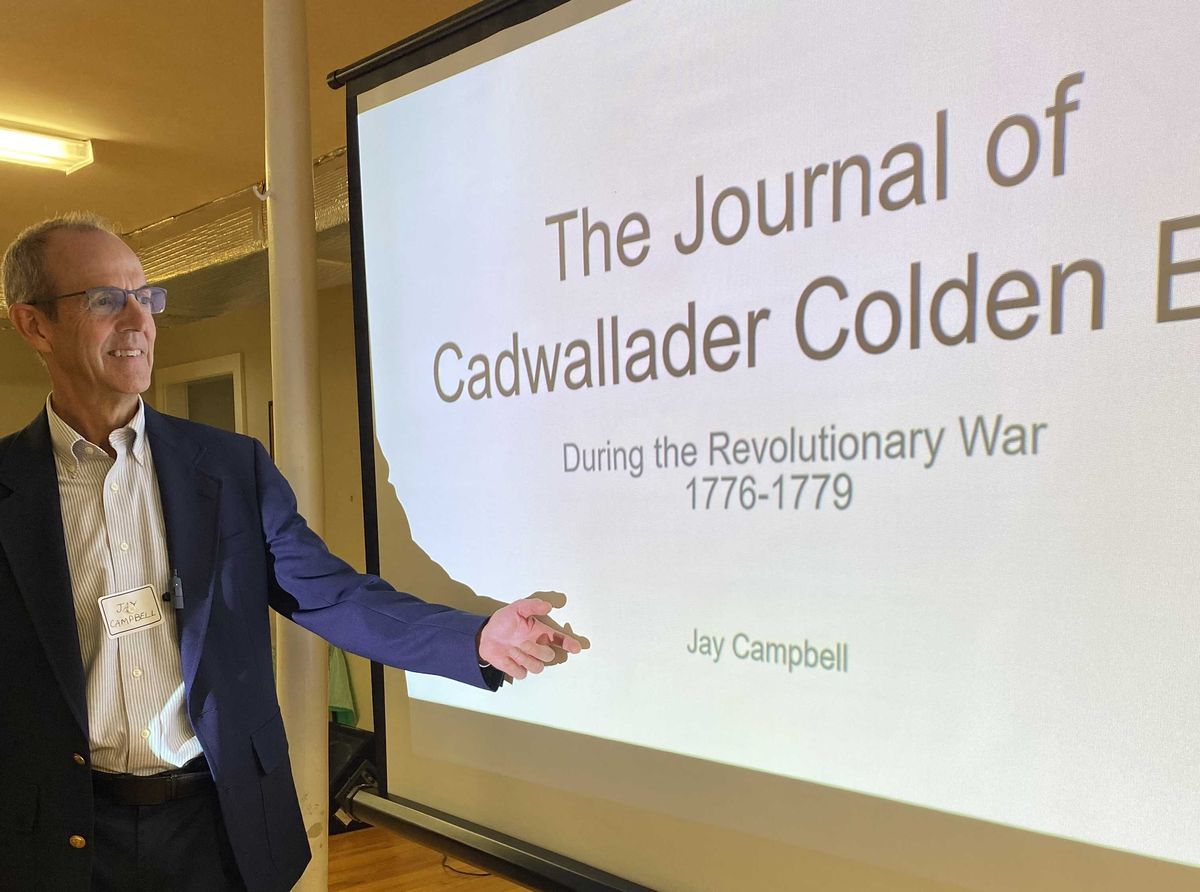
One of a series of offerings to mark the 250th anniversary of the start of the Revolutionary War, the Amenia Historical Society invited historian Jay Campbell to speak about the journal of a New York British loyalist whose movements in exile brought him into the local area. The talk was presented at The Smithfield Church on Saturday, Sept. 27, attracting a large audience.
Photo by Leila Hawken
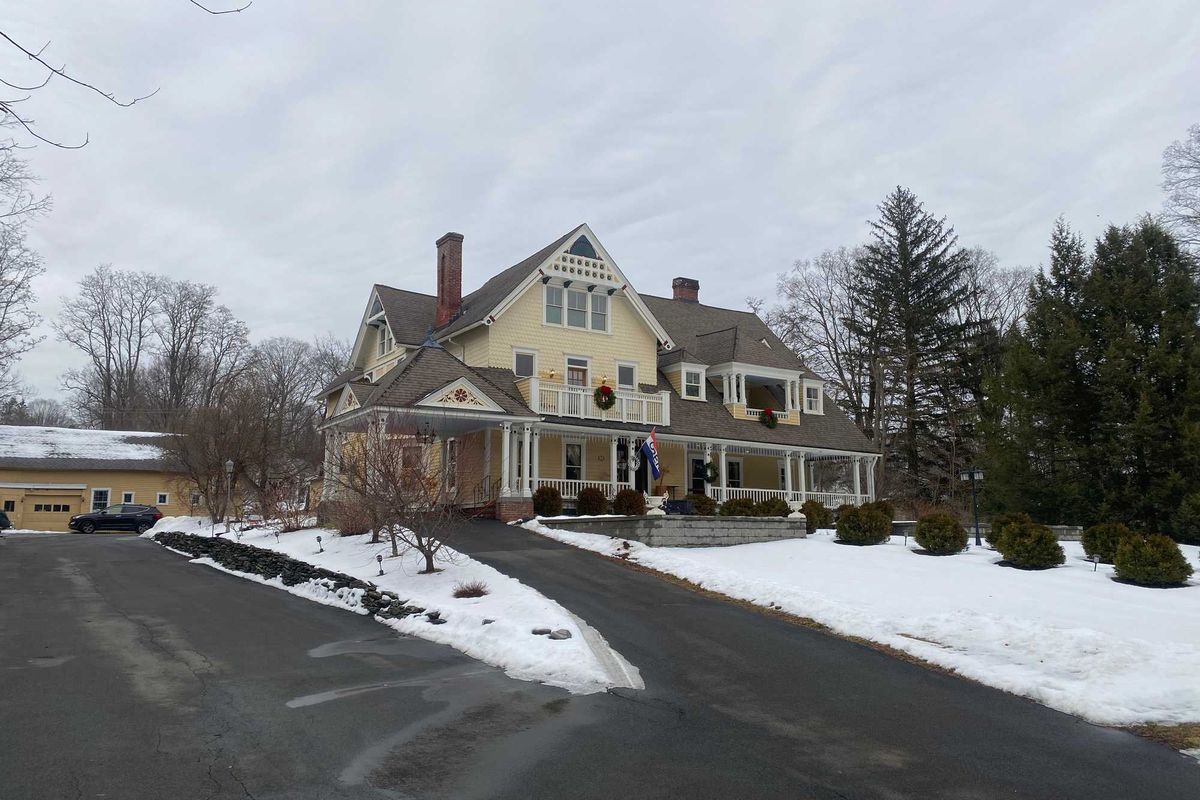
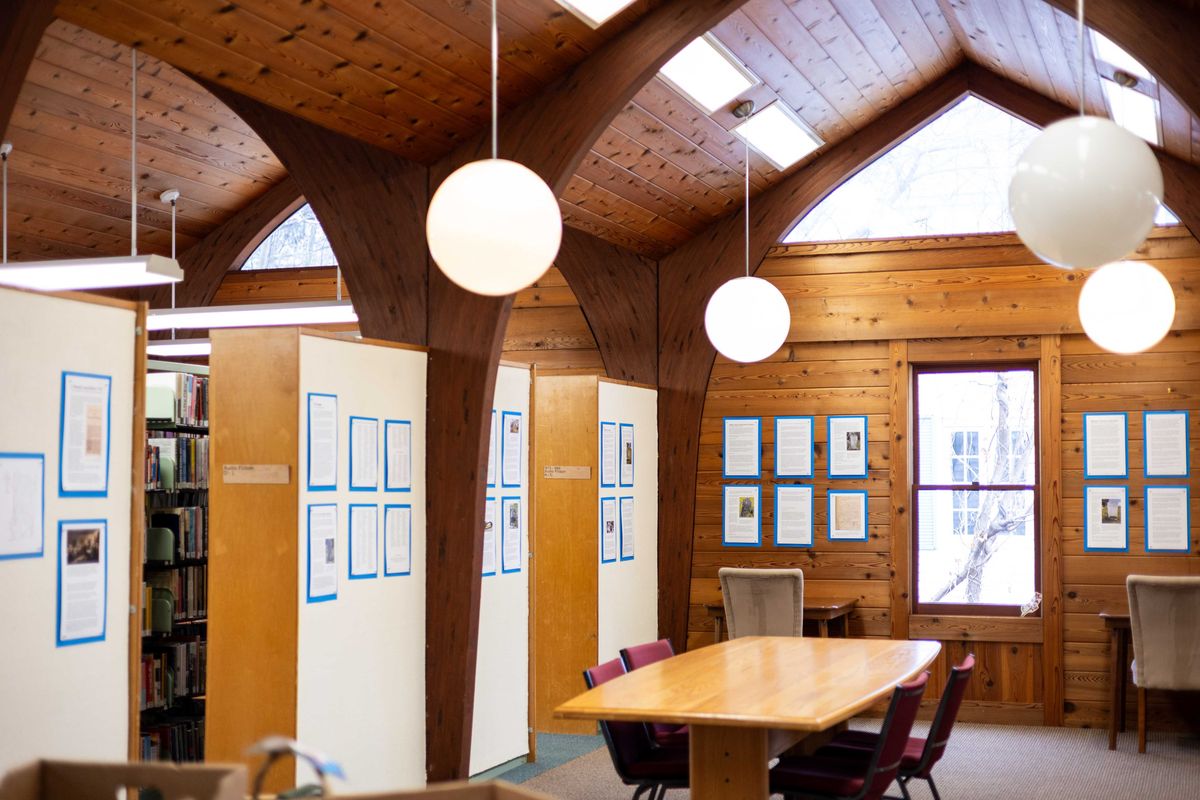
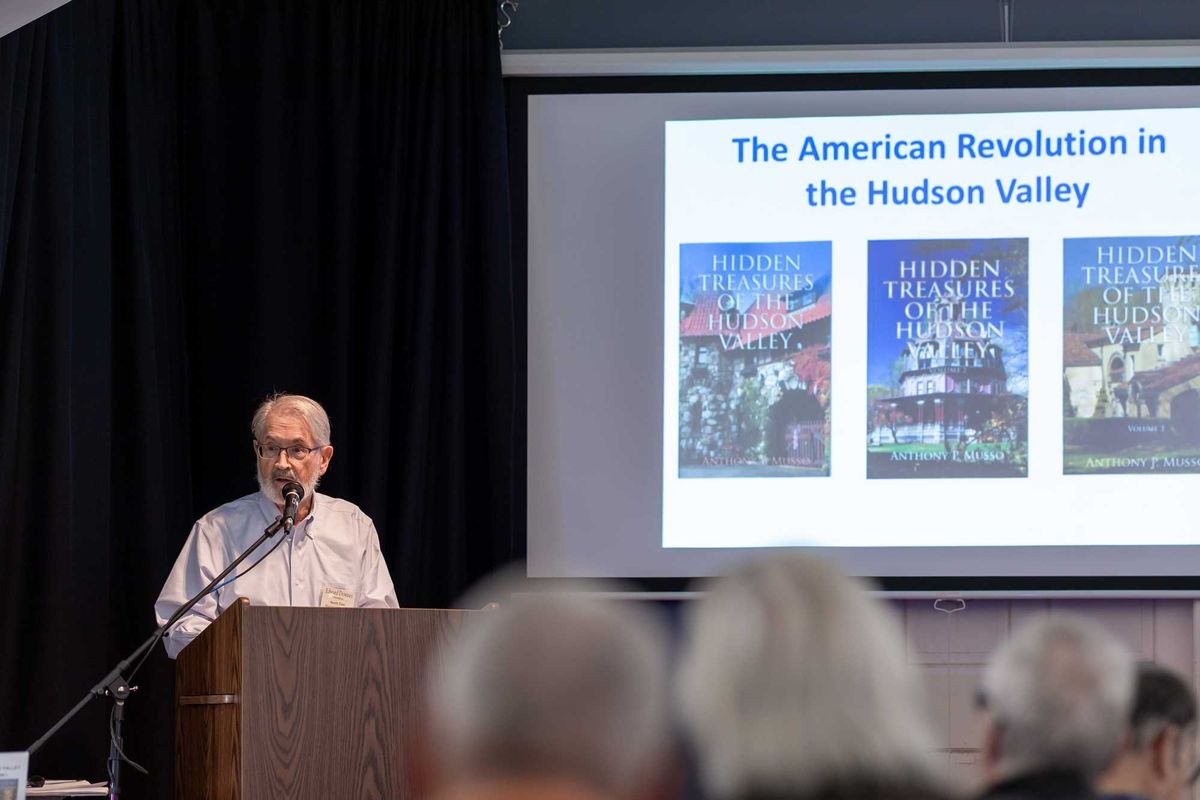
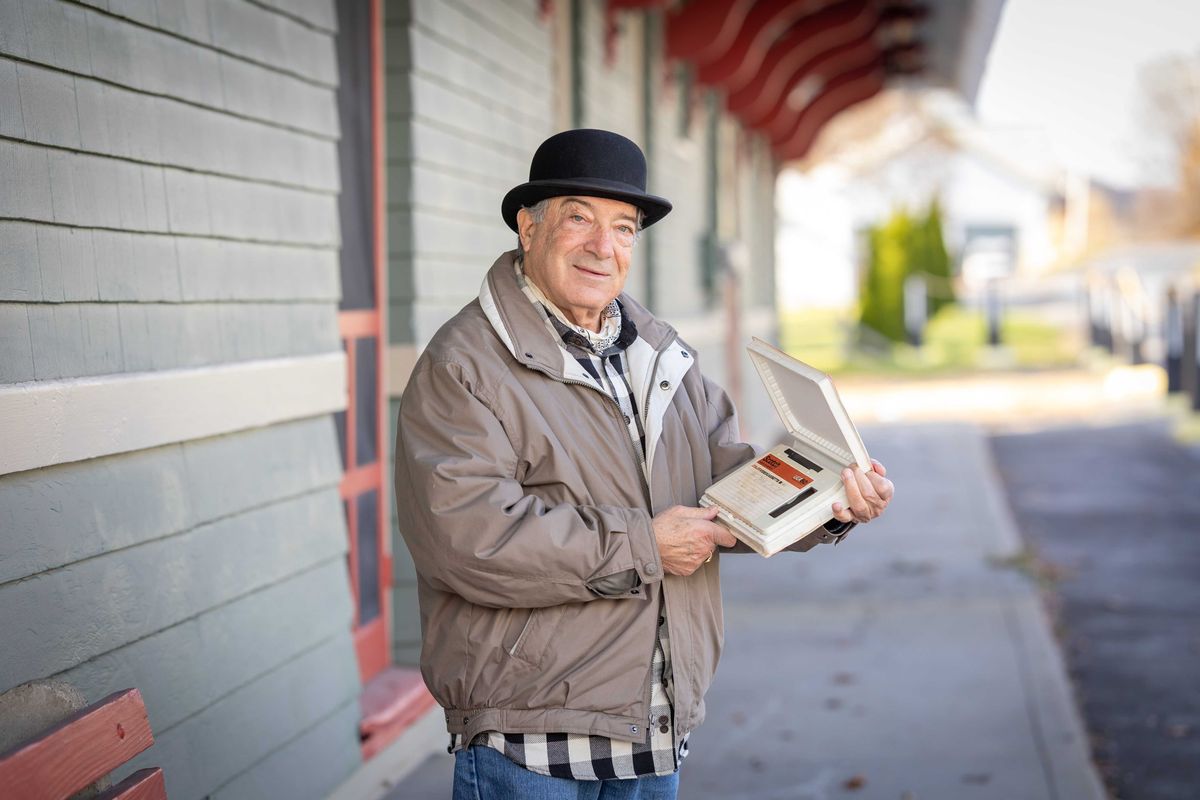
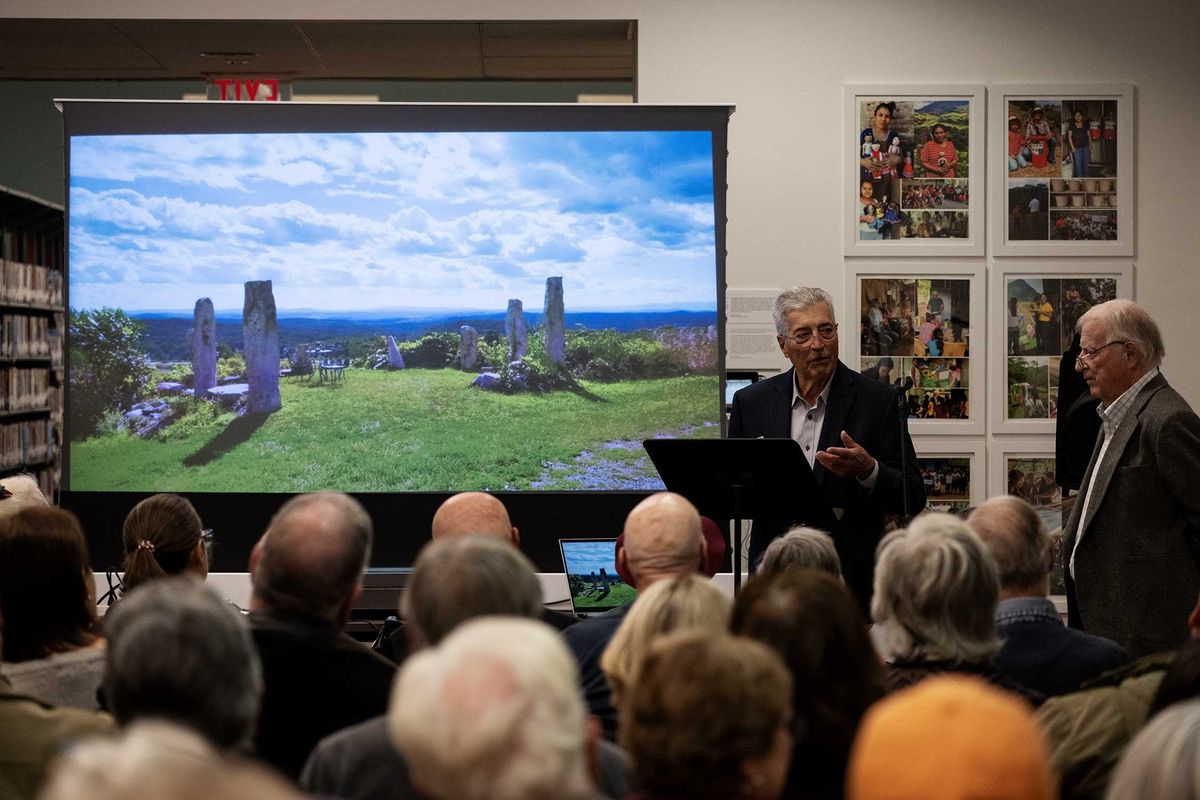








 Interior of the Linde Center for Music and Learning.Hilary Scott, courtesy of the BSO
Interior of the Linde Center for Music and Learning.Hilary Scott, courtesy of the BSO




